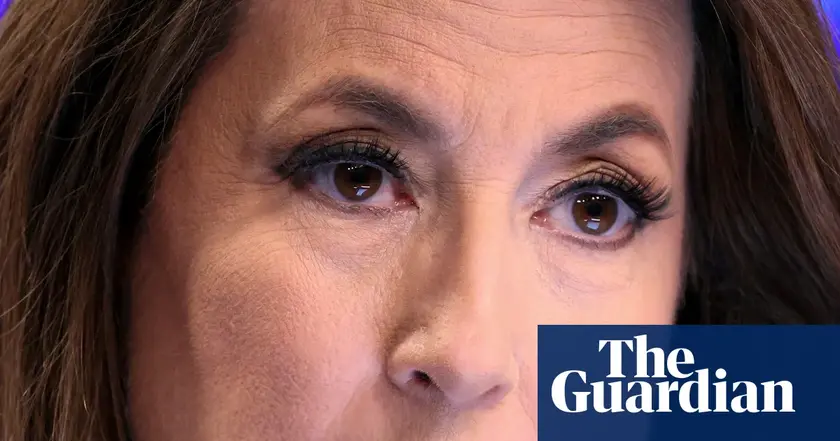T4K3.news
Harvard patents under review and UN envoy appointment
Commerce Secretary Lutnick launches Bayh-Dole review while Tammy Bruce is nominated to the UN post.

A look at how the administration uses federal policy and diplomacy to address research power and campus politics.
Trump administration tightens grip on Harvard patents and taps UN envoy
The Commerce Department, led by Howard Lutnick, has moved to review Harvard's federally funded patents. In a letter, Lutnick demanded a four‑week listing of all patents tied to federal grants, how they are used, and whether any licenses require substantial US manufacturing. The march‑in process under the Bayh‑Dole Act could allow the government to take ownership of patents or grant licenses. Harvard, which as of July 1, 2024 held more than 5,800 patents and over 900 technology licenses with 650+ industry partners, did not immediately respond. In a separate development, former Fox News commentator Tammy Bruce was nominated as the next US deputy representative to the United Nations. Trump said she would “represent our country brilliantly at the United Nations.” In other coverage, reports state the IRS commissioner was removed after a dispute over immigration data access, highlighting ongoing tensions within federal agencies. Separately, Democrats signaled a tougher political stance in public and argued that balloting and policy battles will intensify ahead of next year’s elections, reflecting a broader mood of confrontation in national politics.
Key Takeaways
"will represent our country brilliantly at the United Nations"
Trump on Tammy Bruce's UN role
"We’re bringing a knife to a knife fight, and we are going to fight fire with fire"
Ken Martin signaling a tougher Democratic stance
"This is a new Democratic party"
Ken Martin on the party shift
The episode sits at the intersection of research policy and partisan power. Using Bayh‑Dole review as a lever, the administration signals a willingness to reframe how federally funded ideas are controlled and monetized. The Harvard case tests how far the government can push for transparency and potential ownership without derailing the public‑private partnerships that drive tech transfer. The Tammy Bruce nomination adds a foreign policy signal that diplomacy will be framed by a tougher domestic stance. Taken together, these moves reflect a broader pattern: when political battles move from the street into university labs and international forums, the line between governance and interference can blur. Expect university leaders to push back on perceived risks to academic autonomy, while supporters argue that strong oversight protects taxpayers and national interests.
Highlights
- Patents become a battlefield for political leverage
- Power tests the lines between research and control
- Diplomacy meets a hard edge in a crowded field
- A new front opens where science meets state power
Political and budget risk highlighted by federal actions
The piece flags potential political backlash and budget implications from government intervention in university patents and high profile nominations.
The coming months will reveal how far power can bend policy without breaking trust in public institutions.
Enjoyed this? Let your friends know!
Related News

Idaho Implements New Vaccine Policies Amid Trust Crisis

Severe Hunger Crisis in Gaza

Gabby Bertin calls for minister to manage pornography

FDA appoints new leader for drug evaluation

Israeli gunfire kills dozens of Palestinians seeking aid in Gaza

Trump UCLA dispute spikes

US and Israel abandon Gaza ceasefire talks

Gaza on verge of running out of therapeutic food for children
